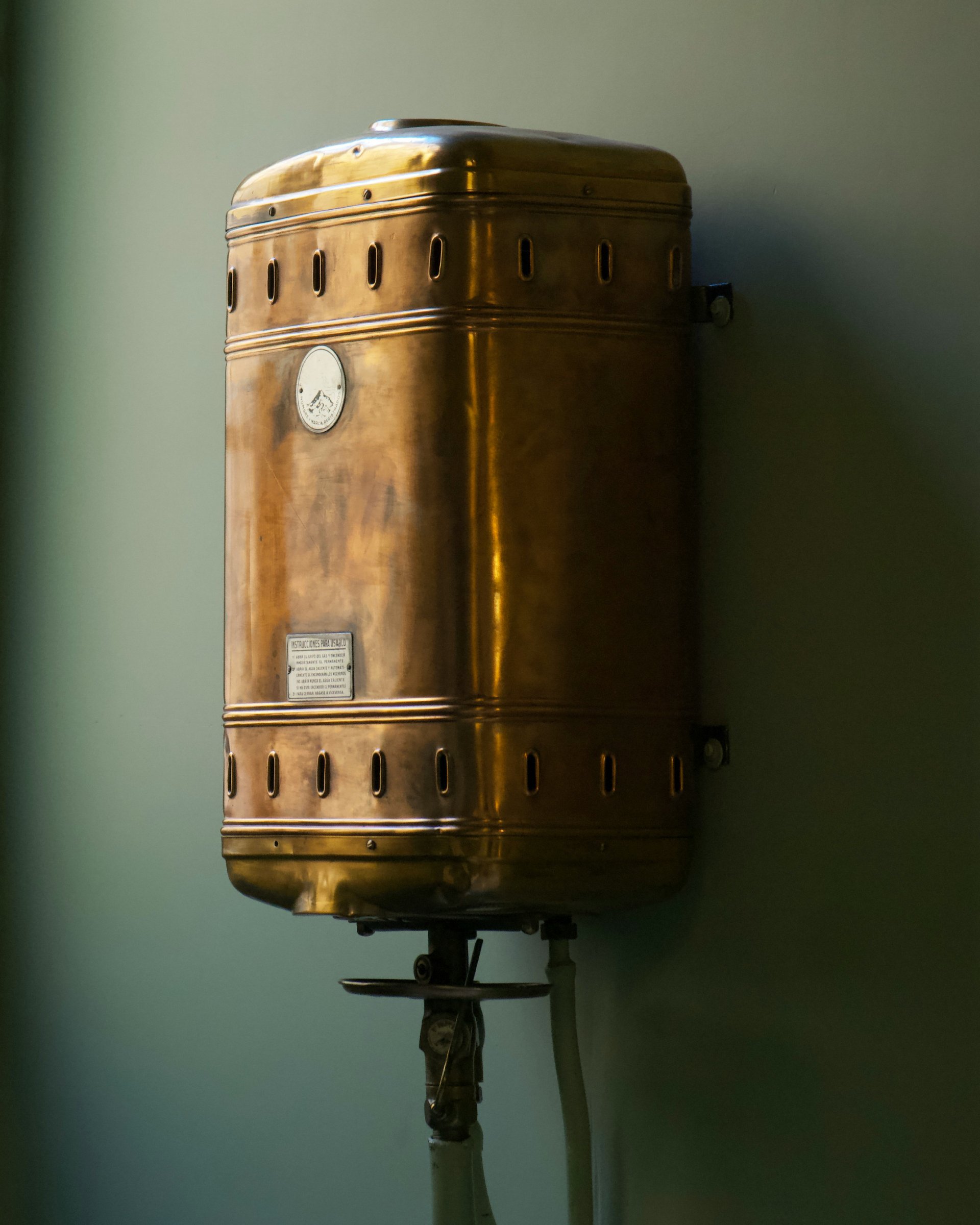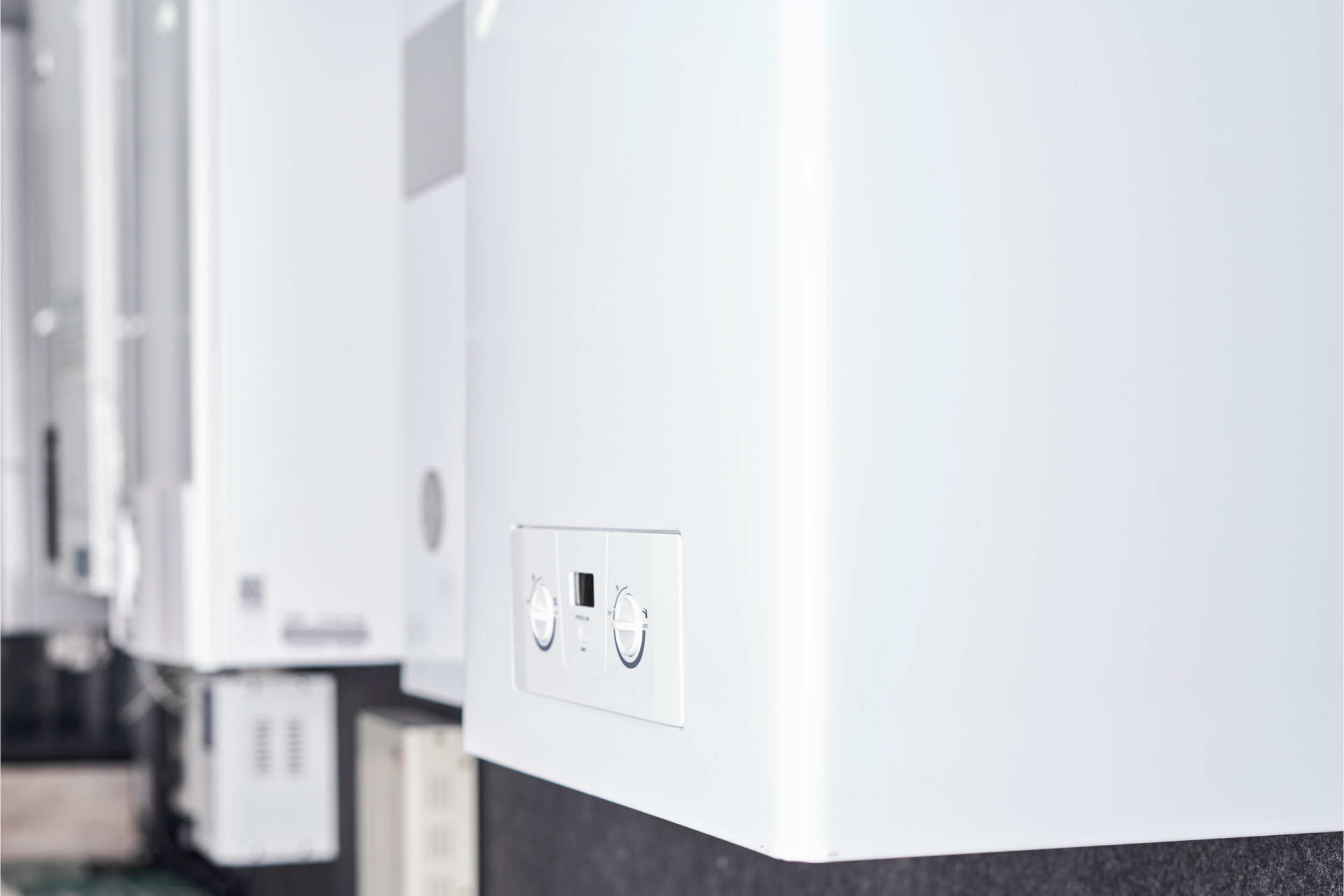Replacing a boiler is a significant task that many UK homeowners will face at some point. Whether your old boiler has broken down beyond repair or you’re upgrading to a more efficient model, understanding the process and time involved can help you plan effectively. In this blog, we will explore the various factors that influence the duration of a boiler replacement, what to expect during the installation, and tips to ensure a smooth and efficient process.

Factors Affecting Boiler Replacement Time
The time it takes to replace a boiler can vary depending on several factors. Here are some key elements that can influence the duration:
Type of Boiler:
- Combi Boiler: Replacing a combi boiler with another combi boiler is typically the quickest option, often taking around one day.
- System or Conventional Boiler: These replacements can be more complex and may take longer, especially if the installation involves adding or upgrading components like a hot water cylinder or expansion tank.
Location of the Boiler:
- If the new boiler is being installed in the same location as the old one, the process is generally faster. Moving the boiler to a new location within the home can add a significant amount of time, as it may involve rerouting pipes and making additional structural modifications.
Existing Pipework:
- The condition and layout of your existing pipework can affect the installation time. If the pipework is in good condition and compatible with the new boiler, the process is straightforward. However, if new pipework needs to be installed or existing pipes need to be repaired or replaced, this can add extra hours to the job.
Upgrades and Additional Work:
- Upgrading your heating controls, installing new radiators, or adding a filter or power flush to your system can also increase the time required for a boiler replacement. These tasks, while beneficial for the overall efficiency and longevity of your heating system, do require additional labour.
Flue Positioning:
- The positioning and type of flue required for the new boiler can also affect the installation time. For instance, if a new flue needs to be installed through an external wall or roof, this will add to the duration.
What to Expect During the Installation
Understanding what happens during a boiler replacement can help you prepare and ensure the process goes smoothly. Here’s a step-by-step guide to what you can expect:
Initial Assessment:
- The engineer will conduct a thorough assessment of your current boiler and heating system. They will discuss your needs and recommend the best type of boiler for your home.
Preparation:
- Before the installation begins, the engineer will prepare the area. This may involve laying down protective coverings to prevent any damage to your floors and furniture.
Removal of the Old Boiler:
- The first step in the installation process is to safely disconnect and remove the old boiler. This can take a couple of hours, depending on the complexity of the setup.
Installing the New Boiler:
- The new boiler is then installed. This involves mounting the unit, connecting it to the existing pipework, and ensuring it is securely fixed in place. If the boiler is being moved to a new location, this step will take longer.
Connecting the Flue and Controls:
- The flue is installed to safely expel gases from the boiler. The engineer will also connect any new heating controls, such as a thermostat or smart controls, and ensure they are functioning correctly.
Testing and Commissioning:
- Once the installation is complete, the engineer will carry out a series of tests to ensure the boiler is operating safely and efficiently. This includes checking the pressure, bleeding the radiators, and setting the boiler controls.
Final Checks and Handover:
- The engineer will perform final checks, provide you with a demonstration of how to use the new boiler and controls, and ensure you have all the necessary documentation, including the warranty and service schedule.
Tips for a Smooth Boiler Replacement
To ensure your boiler replacement goes as smoothly and efficiently as possible, consider the following tips:
Choose a Reputable Installer:
- Always use a Gas Safe registered engineer to carry out your boiler replacement. This ensures the work is completed safely and to a high standard.
Plan Ahead:
- Try to schedule your boiler replacement during a time when you can be home to oversee the process and address any questions the installer may have.
Clear the Area:
- Make sure the area around your boiler is clear of any obstructions to allow the engineer to work efficiently. This includes removing any furniture or personal items that may be in the way.
Understand the Process:
- Having a basic understanding of what the installation involves can help you feel more comfortable and prepared. Don’t hesitate to ask your engineer to explain each step.
Consider Upgrades:
- While replacing your boiler, it might be a good time to consider upgrading other components of your heating system, such as the controls or radiators, to improve efficiency and performance.
Conclusion
Replacing a boiler is a significant undertaking, but with proper planning and a skilled engineer, it can be a straightforward and stress-free process. On average, a boiler replacement can take anywhere from one to three days, depending on the complexity of the job and the specific requirements of your home. By understanding the factors that affect installation time and following our tips for a smooth replacement, you can ensure your home remains warm and comfortable with minimal disruption. If you’re considering replacing your boiler, contact ROMA Heating Services for professional advice and expert installation.
ROMA Heating
For all your commercial boiler needs look no further than ROMA Heating Services. Whether you need boiler maintenance, repairs, or any other heating solutions, ROMA Heating is here to provide reliable and efficient support.
Contact us today, and let us take care of your heating requirements, so you can enjoy a warm and worry-free environment.
- Commercial Boiler Repair: We specialise in diagnosing and resolving issues promptly to minimise downtime and disruptions to your business.
- Commercial Boiler Servicing: Regular servicing ensures that your boiler operates efficiently, reducing the risk of unexpected errors.
- Commercial Boiler Maintenance: Our proactive maintenance plans help extend the lifespan of your boiler and maintain its optimal performance.
When it comes to your commercial boiler, trust the experts at ROMA Heating Services to keep your operations running smoothly.
